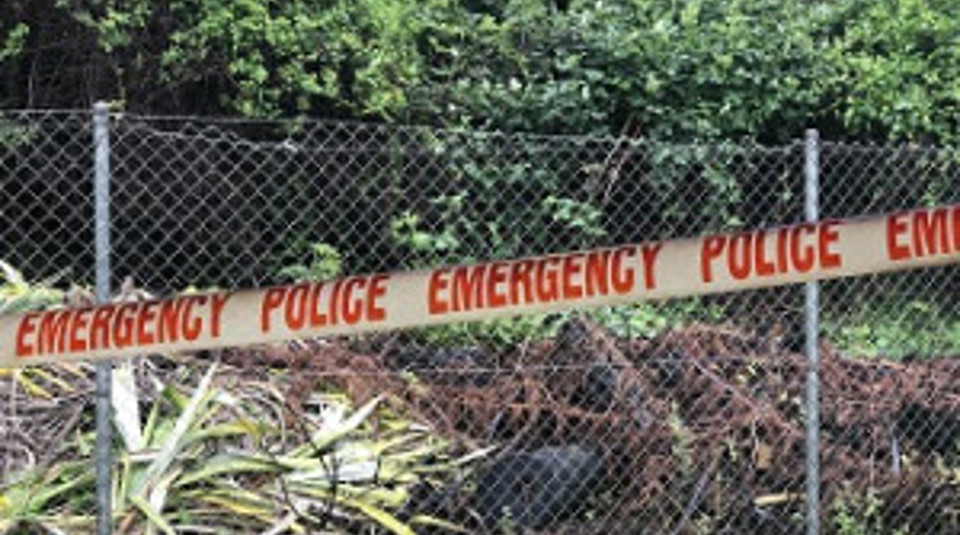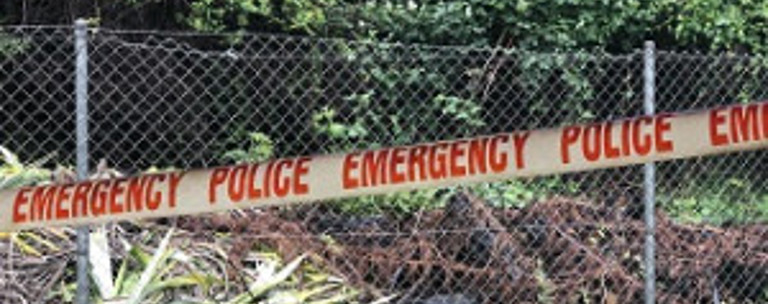A ‘body farm’ using buried pigs will be the scene of some unusual training for ESR’s forensic scientists this week.
ESR Forensic Scientists are taking a refresher course in body recovery and clandestine grave site examination in Wellington. It’s part of the extensive, ongoing training ESR’s scientists receive as part of their job.
Two pigs, purchased from a local butcher, have been buried for several months in concealed grave sites. As part of their training the crime scene technicians will exhume the carcass using forensic excavation techniques.
For both practical and ethical reasons pigs are used as a substitute for human remains. Pigs closely resemble humans, having a similar body mass and similar skin type and undergo similar decomposition processes once buried.
Forensic Senior Scientist and Crime Scene Technical Leader Rian Morgan-Smith says it’s important they can practice the very specific skill set in a safe environment.
“Grave site examinations are logistically, physically and evidentially very difficult. The process is often a slow, unpleasant and labour-intensive but it shares many similarities to conventional archaeological approaches,” he says.
“Through a detailed scene examination and careful excavation, a forensic scientist can deconstruct the processes involved in creating the grave and capture any evidence that was been left behind.”
The course is run every five years and combines theory with practical forensic science.
ESR provides world-class forensic science services and research to a range of New Zealand and international government agencies. ESR is the sole provider of forensic services to the New Zealand Police.

